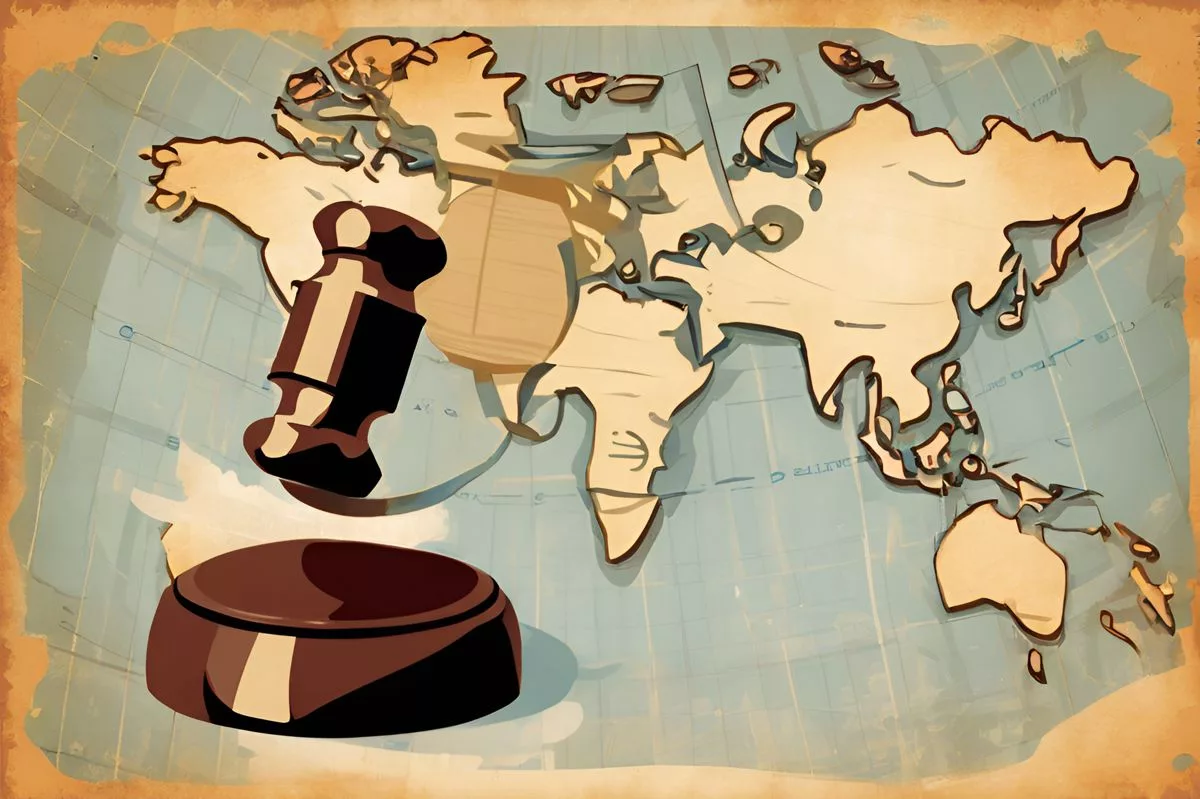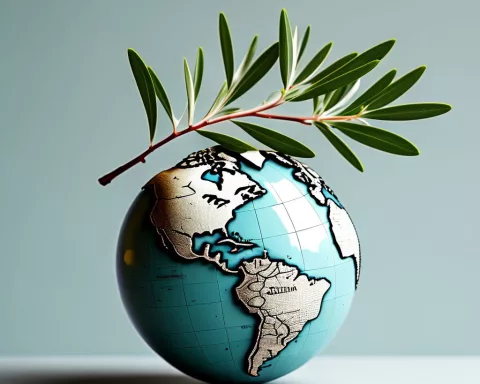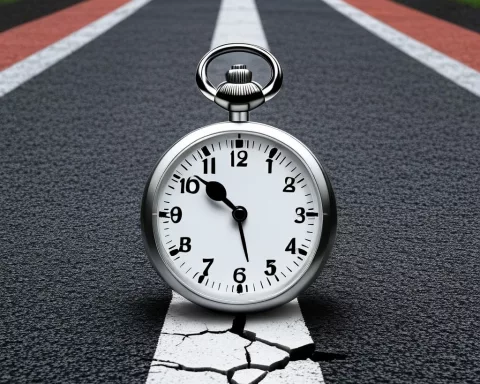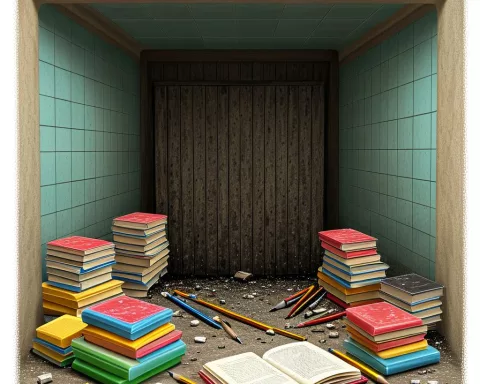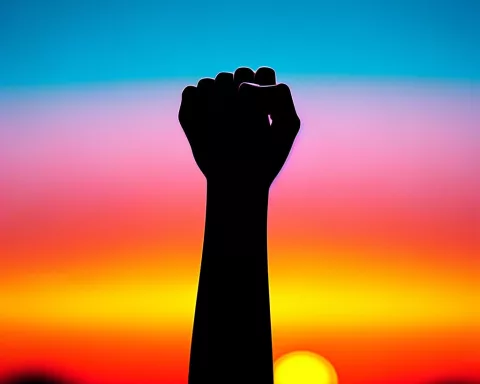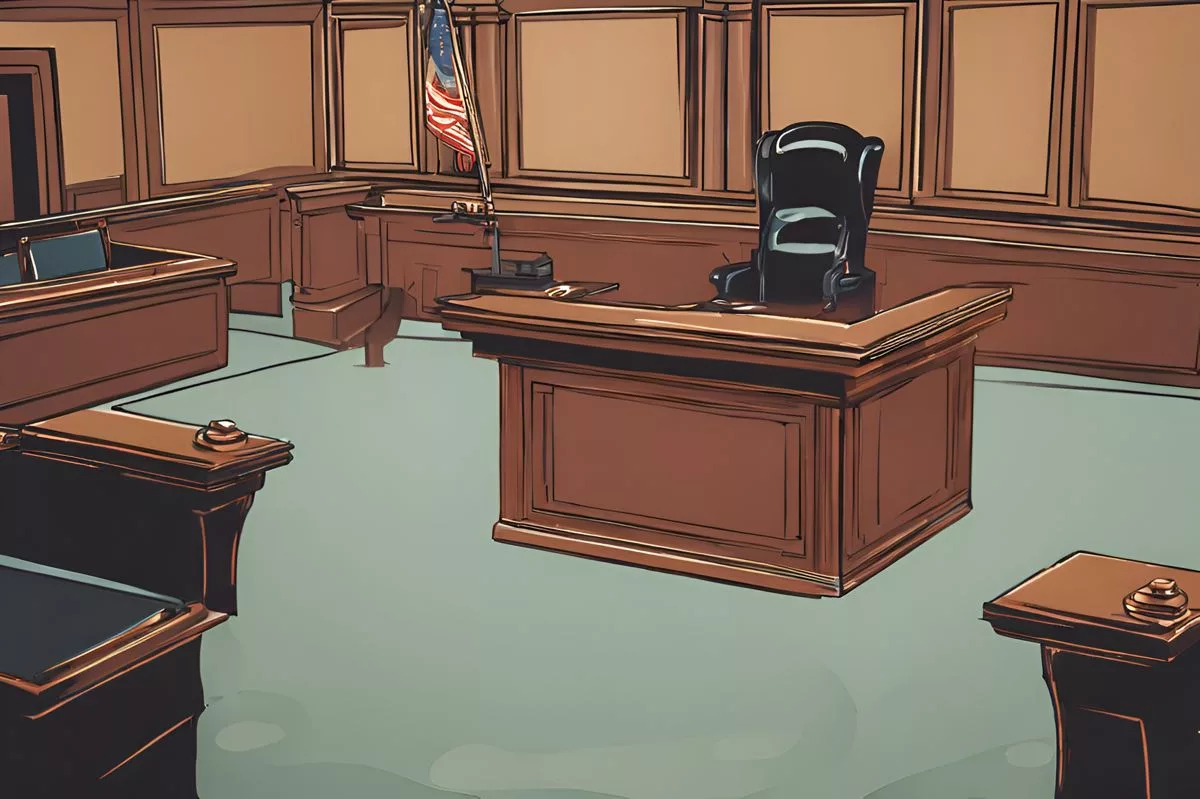The International Court of Justice (ICJ) has ruled that South Africa has the right to take Israel to court for their treatment of Gaza Strip residents, citing a breach of Israel’s responsibilities under the Convention. The ICJ imposed various orders, including a ban on Israeli military committing acts of genocide against Palestinians and a requirement for Israel to allow basic services and humanitarian aid to Gaza. The hope is that Israel will adhere to the ICJ’s orders so that justice can be secured for the people of Gaza.
International Court of Justice (ICJ) affirmed South Africa’s right to take Israel to court for the brutalization of Gaza Strip’s residents and claimed a breach of Israel’s responsibilities under the Convention. The court imposed several measures, among them a ban on the Israeli military committing acts of genocide against Palestinians and a directive for Israel to permit basic services and humanitarian aid to Gaza. The anticipation is that Israel will comply with the ICJ’s orders.
As we delve into the sphere of international law, the spotlight falls on a recent judgement by the International Court of Justice (ICJ) in The Hague. This watershed ruling stands as a beacon of steadfast justice and legal order on a global platform.
South Africa: A Pioneer in International Justice
In a move that speaks volumes about its unyielding spirit, the Republic of South Africa created history by suing another country at the ICJ. On 29th December 2023, South Africa brought a case against Israel, indicting it for the brutalization of the Gaza Strip’s residents and claiming a breach of Israel’s responsibilities under the Convention.
Wading through the complex maze of international relations, South Africa had previously voiced its disapproval of an assault initiated by Hamas and other groups on 7th October 2023. This assault led to numerous Israeli victims and hostage situations. Nevertheless, the primary focus of their lawsuit was the rights of the Gaza inhabitants.
Judgement Reverberating Across Borders
In a ruling that has echoed around the world, the ICJ affirmed South Africa’s right to take Israel to court, despite South Africa not being directly involved in the Gaza conflict. The ICJ, serving as the United Nations’ principal judiciary, has pronounced a verdict necessitating Israel to put in place temporary measures to prevent further grave acts of genocide in Gaza.
The judgement drew far-reaching attention, both for its revolutionary nature and the heartfelt statement from the court. The court acknowledged the immense human tragedy unfolding in the region and expressed deep apprehension about the potential further decline of the humanitarian situation in Gaza.
The court imposed several measures, among them a ban on the Israeli military committing acts of genocide against Palestinians, and a directive for Israel to curb and penalize incitement to genocide. Additionally, Israel was directed to permit basic services and humanitarian aid to Gaza and to preserve evidence of the events within Gaza. This decision binds Israel and must be adhered to by all states party to the Convention on the Prevention and Punishment of the Crime of Genocide.
In light of these directives, the anticipation is that Israel, professing itself as a democracy and a state that respects the rule of law, will comply with the ICJ’s orders.
Palestinian Plight Acknowledged
The Palestinian people have withstood more than fifty years of occupation, dispossession, oppression, and apartheid. Their calls for justice have finally been acknowledged by the United Nations in a significant way. Israel now faces the scrutiny of the international community, its offenses against the Palestinians laid bare.
The Gaza region has been the backdrop for dreadful scenes of bombardments and strikes from land and air since October of the preceding year. Homes, refugee camps, and entire neighborhoods have been obliterated, with even schools and hospitals falling victim. Essential resources such as electricity, fuel, food, and medical supplies have been inhumanely cut off from the people of Gaza. As per the United Nations, Israel’s conflict with Hamas has led to the death of more than 25,000 people, including relief workers, UN staff, and journalists. Particularly heartrending is the death of over 16,000 women and children.
In its lawsuit, South Africa spotlighted the high civilian death toll and contended that the magnitude of destruction from Israel’s reaction to the October 7th attacks was severely disproportionate to Israel’s self-defense claim. They further classified Israel’s attacks on Gaza as genocidal acts, insisting that Israel should be held accountable for the same.
A Stride Toward Justice for Gaza
The ICJ’s ruling today vindicates South Africa, affirming its jurisdiction to adjudicate the application under Article 9 of the Convention and making a plausible case of genocide. This ruling symbolizes a significant leap forward in securing justice for the people of Gaza.
South Africa’s engagement in this case, despite criticisms and detractors, is rooted in its painful past of dispossession, discrimination, and state-sponsored violence. As a nation that has suffered under apartheid and experienced its devastating effects, South Africa empathizes with those currently enduring comparable atrocities and underscores the importance of international justice.
As we move forward, we cling to the hope that this court directive will act as a catalyst to end the crisis, halt the horrific loss of life and hardship, and initiate the crucial first steps towards reconciliation and enduring peace. South Africa’s role in this historic ruling highlights the nation’s commitment to the Palestinian people, international justice, and the prevention of genocide. It serves as a testament to South Africa’s steadfast determination for justice, peace, and the cessation of human suffering.
What is the ICJ ruling on South Africa vs Israel?
The ICJ has ruled that South Africa has the right to take Israel to court for their treatment of Gaza Strip residents, citing a breach of Israel’s responsibilities under the Convention. The ICJ imposed various orders, including a ban on Israeli military committing acts of genocide against Palestinians and a requirement for Israel to allow basic services and humanitarian aid to Gaza.
Why did South Africa sue Israel at the ICJ?
South Africa sued Israel at the ICJ for the brutalization of Gaza Strip residents and claiming a breach of Israel’s responsibilities under the Convention. The lawsuit was primarily focused on the rights of the Gaza inhabitants and aims to secure justice for the people of Gaza.
What orders did the ICJ impose on Israel?
The ICJ imposed several measures, including a ban on the Israeli military committing acts of genocide against Palestinians, and a directive for Israel to curb and penalize incitement to genocide. Additionally, Israel was directed to permit basic services and humanitarian aid to Gaza and to preserve evidence of the events within Gaza.
What is the significance of South Africa’s engagement in this case?
South Africa’s engagement in this case highlights the nation’s commitment to the Palestinian people, international justice, and the prevention of genocide. It serves as a testament to South Africa’s determination for justice, peace, and the cessation of human suffering.
What is the hope for Israel to adhere to the ICJ’s orders?
The hope is that Israel will comply with the ICJ’s orders as a democracy and a state that respects the rule of law. The ICJ’s ruling today vindicates South Africa, affirming its jurisdiction to adjudicate the application under Article 9 of the Convention and making a plausible case of genocide.
What is the current situation of the people of Gaza?
The people of Gaza have endured more than fifty years of occupation, dispossession, oppression, and apartheid. Their calls for justice have finally been acknowledged by the United Nations in a significant way. Israel now faces the scrutiny of the international community, and its offenses against the Palestinians laid bare. Essential resources such as electricity, fuel, food, and medical supplies have been inhumanely cut off from the people of Gaza. The conflict has led to the death of more than 25,000 people, including relief workers, UN staff, and journalists. Particularly heartrending is the death of over 16,000 women and children.

